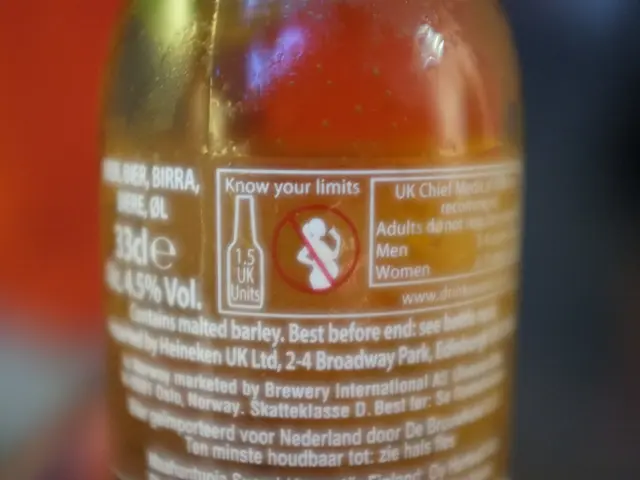Kombucha Evolution: Tracing its Roots and Modern Development
Kombucha: The Enigmatic Drink with a Mysterious Past
Swirling down in glasses across the globe, kombucha, a tart, bubbly beverage, has gained tremendous popularity in recent times. However, its history is shrouded in mystery, with its origins being as old as 5000 years or as recent as 200 years – making it a conundrum impossible to pinpoint with absolute certainty!
Join us as we delve into the fascinating journey of kombucha – from its humble beginnings to becoming a global sensation.
Born Out of Chance
The enigmatic kombucha scoby (Symbiotic Colony of Bacteria and Yeast), the essential ingredient for brewing kombucha, didn't begin under human supervision. Rather, it materialized through a natural phenomenon, much like the chicken-or-egg dilemma.
The birthplace of the first kombucha remains a mystery. Still, experts speculate that it arose from an ancient cup of sweet tea left on a windowsill, teeming with microorganisms that multiplied, feasted on the sugar, and created a gelatinous film that acidified the tea.
Ancient Origins
To unravel the origins of kombucha, we need to examine where the three essential components – microorganisms, sugar, and tea – came together for the first time.
- Microorganisms: These ancient companions have roamed the Earth for billions of years, present everywhere.
- Sugar: Archeological evidence suggests that sugar cultivation dates back 6000 years to South-East Asia, with China following 500 years later.[1]
- Tea: Tea consumption most likely began about 5000 years ago in the south-eastern region of China.[2]
Based on this information, it is highly probable that the first kombucha was born almost 5000 years ago in south-eastern China. It's the land that, despite uncertainty, is likely the kombucha origin country.
Legends and Myths
While the Chinese origin theory is the most plausible, there are several intriguing legends surrounding the inception of kombucha. From an elixir for immortality to a healing tonic for an ailing emperor, these stories offer a glimpse into the rich history of kombucha and its profound cultural significance.
A Modern Marvel
Over the years, kombucha has transitioned from its highly-vinegary, probiotic-rich ancestor to a plethora of flavorful options catering to diverse palates, serving as a healthier alternative to alcohol, coffee, and soft drinks. Today, kombucha is easily accessible on almost every continent, with the global kombucha market reaching an astounding 1.84 billion USD in 2019.[3]
Embrace the magic that is kombucha – a symphony of microorganisms, tea, and sugar that has journeyed through the centuries to quench our thirst for a healthier, more flavorful beverage.
- The essential ingredient for brewing kombucha, the scoby, did not originate under human supervision, but rather, it formed naturally, much like the chicken-or-egg dilemma.
- It is highly probable that the first Kombucha was created around 5000 years ago, in south-eastern China, where the three essential components – microorganisms, sugar, and tea – came together for the first time.
- Kombucha, once a highly vinegary probiotic drink, has evolved into a variety of flavorful options, increasingly popular as a healthier alternative to alcohol, coffee, and soft drinks. Today, the global kombucha market is valued at an astounding 1.84 billion USD.








